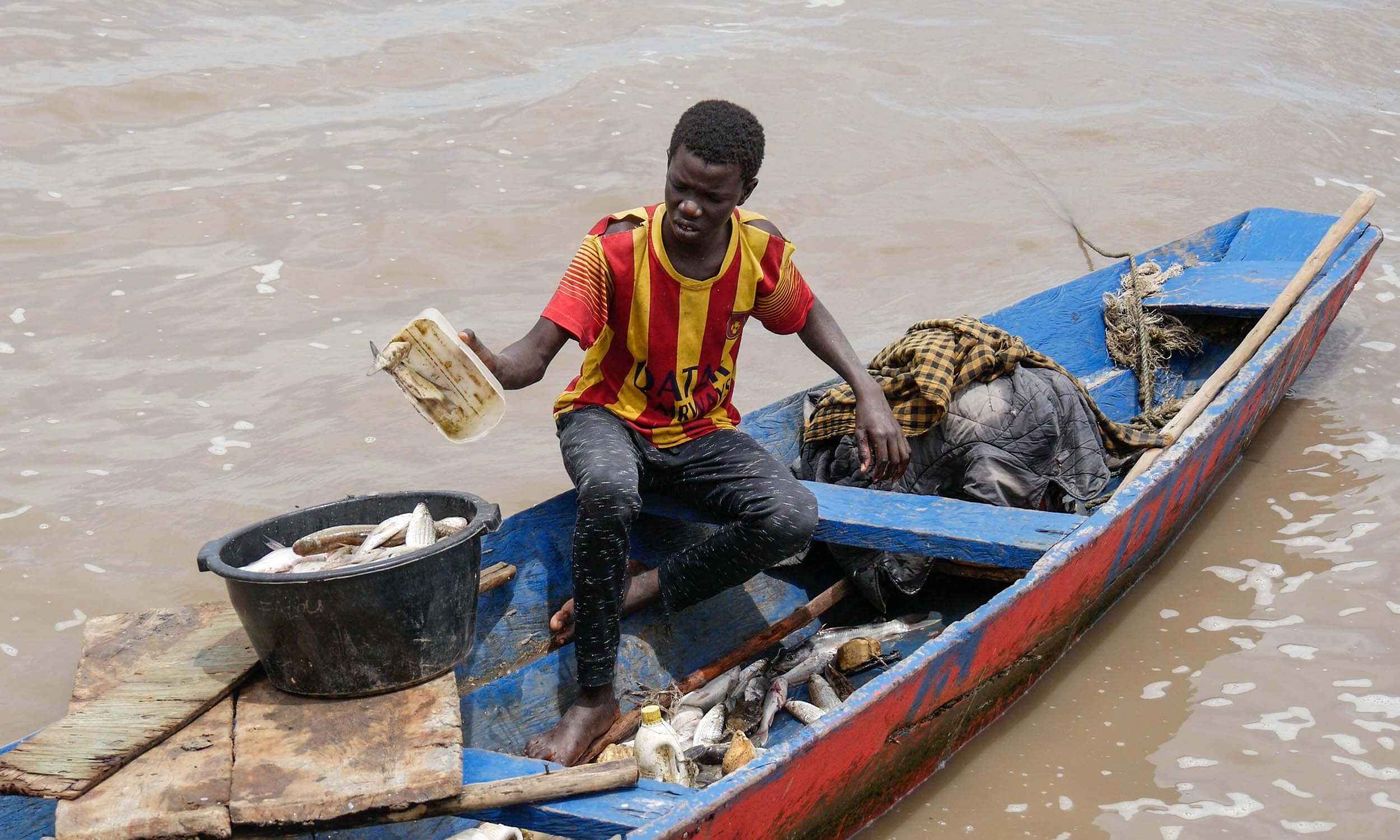
GAMBIA – The Gambian Ministry of Fisheries, Water Resources, and National Assembly Matters has highlighted the country’s vulnerability to overfishing, which poses significant challenges to its economy. As a member of the Fishery Committee for the Eastern Central Atlantic (CECAF), Gambia is actively addressing the issue with the support of the Food and Agricultural Organization of the United Nations (FAO).
Fish and fish products contribute 12% to Gambia’s economy, and the livelihoods of over 300,000 people depend on fishing. However, FAO experts have revealed that half of Gambia’s fish stocks are overfished, necessitating the implementation and enforcement of mitigating measures.
Overfishing is a widespread problem faced by many developing nations, and the Gambia is no exception. FAO research indicates that this issue has resulted in significant revenue losses as pirates and other syndicates exploit Gambia’s waters for their own gain.
To address this challenge, stakeholders in the fisheries sector recently concluded a four-day data collection forum focused on updating the Reference List for Area 34 and introducing a new assessment methodology. Rishi Sharma, a senior FAO Research Officer, emphasized the need for government involvement and the establishment of compliance measures to combat overfishing.
Under the Sustainable Development Goals, the United Nations has set a target to end overfishing by 2030. Preliminary results indicate that 50% of fish stocks within CECAF member countries are already overfished. Mr. Sharma attributes overfishing to a lack of regulations, management, enforcement, and monitoring in controlling maritime territories.
Deputy Director of Fisheries, Momodou Sidibeh, stated that the training and initiatives supported by the EAF-Nansen Programme will enhance Gambia’s capacity to collect and manage fisheries data effectively. Participants in the training will utilize the “State of the World Fisheries and Aquaculture (SOFIA) Analysis” model to gain a comprehensive understanding of the current state of fisheries stocks in CECAF.
The EAF-Nansen Programme, an initiative promoting the ecosystem approach in marine fisheries management, is actively supporting this process in the CECAF Area. Research conducted by the Africa Development Bank Group has revealed that Africa loses one million tonnes of fish annually due to overfishing and inadequate governance in the fisheries sector.
The collaborative efforts between FAO and Gambia demonstrate a commitment to addressing overfishing and revitalizing the country’s fishing industry. Through data-driven strategies, improved regulations, and international cooperation, Gambia aims to safeguard its marine resources and ensure sustainable livelihoods for its population dependent on fishing.



















Leave a Reply